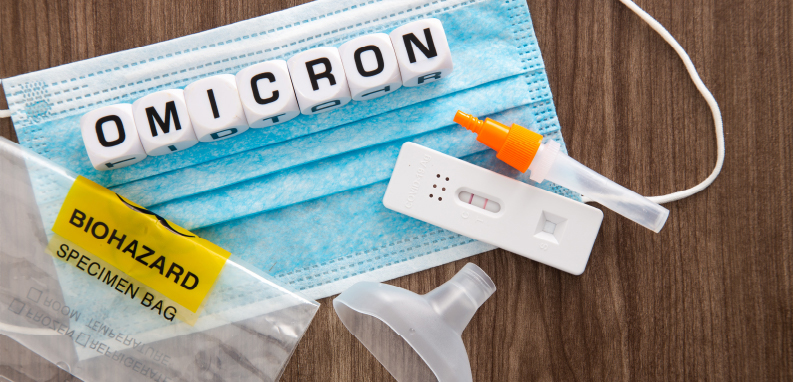The Barbados Association of Medical Practitioners takes this opportunity to remind the public, in light of the recent surge of cases, to get tested for COVID-19 if you, your family, or close contacts are experiencing flu-like symptoms. These symptoms include sore throat, fever, chills, cough, headache, muscle and joint pains as well as gastrointestinal symptoms (nausea, vomiting and diarrhea). It is important to do a PCR test and know your status as this will facilitate your immediate care should complications arise.
If you have had contact with someone who tested positive or you attended an event where several people later tested positive for COVID-19, it is important to test 3-5 days after the exposure. If you are experiencing symptoms, you should test immediately and 3 days later IF the initial test is negative
Most persons with COVID-19 will experience 2-5 days of illness and then have gradual resolution of symptoms. However, we implore those in home isolation to remember that even when you are no longer symptomatic, you can still spread COVID-19. Please observe the full ten (10] day period of home isolation and stay at home avoiding contact with others who are well. As far as possible, remain in one room, always wear a mask when in common areas, sanitize often and use your own cups, plates and utensils.
Persons testing positive for COVID-19 must avoid all contact with those who are at high risk of severe illness such as elderly persons and those with chronic diseases: asthma, lung disease, diabetes, hypertension, obesity, kidney failure, heart disease, cancer and compromised immune systems.
Seek medical help if you are ill and in the high-risk category for severe disease, do not attempt to self-treat. Contact the COVID-19 Hotline (536-4500), the home isolation triage team (536-1800) or your medical doctor for assessment and advice. Emergency medical care is required for any adult or child experiencing persistent vomiting or diarrhea, high fever, seizures, listlessness/decreased responsiveness, productive cough with shortness of breath and/or chest pain, wheezing, and dizziness. Fever should be managed with appropriate doses of paracetamol and tepid (lukewarm) water sponging, as well as fluid replacement. Asthmatics should make sure that they have both maintenance (steroid) and rescue inhaler (e.g. Ventolin/salbutamol) and they should use their inhalers as directed by their medical doctor.
– Dr. Lynda Williams, President, BAMP


Recent Comments